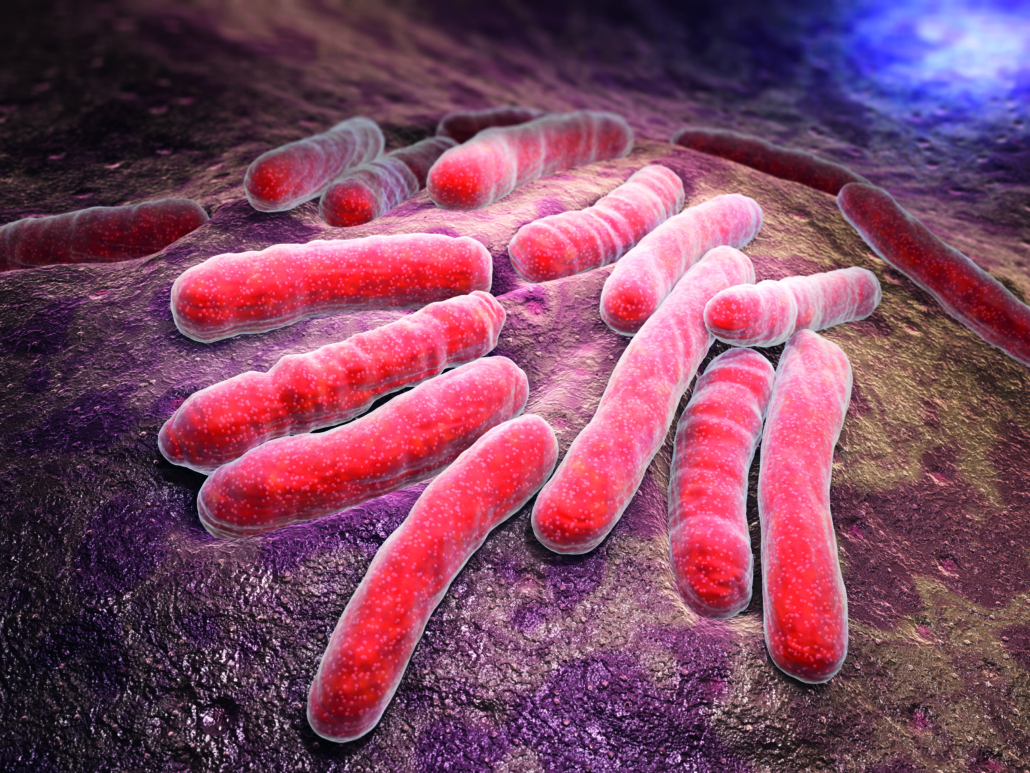
EU states fuel antimicrobial R&D with €56.5m
Six European states, together with the Wellcome Trust, and South Africa have pledged €56.5m to help develop new antibiotics that break resistance.
The fact is that we cannot do without antibiotics, said Germany’s Health Minister Hermann Groehe during a fundraising event for the Global Antibiotic Research and Development Partnership (GARDP) in Berlin. The additional €56m in funding made available today for the Global Antibiotic Research and Development Partnership (GARDP) is a major step forward in the fight against the global health risk that antibiotic resistance presents. Non-priofit organisation GARDP was founded last summer by the World Health Organisation and the Drugs for Neglected Diseases initiative (DNDi) to fight sexually-transmitted Infections, neonatal sepsis, and to develop antibiotics for adults and children able to break antibiotic resistance. Big Pharma just recently returned to the antibiotics space due to political support for the commercially not very attractive field of drug development.
The investment was led by Germany, which will contribute with €51.35m and is co-financed by the governments of The Netherlands (€2m), the UK (€1.1m), Switzerland €440,000, South Africa €390,000, Luxembourg (100,000), Monaco (N.A.), and the British Wellcome Trust (€1.1m). GARDP plans to collaborate with CARB-X, the currently largest private public partnership funded by the US government and the Wellcome Trust to bolster preclinical antibiotics programmes.
Dr Manica Balasegaram, Director of GARDP, said: GARDP is extremely grateful for this significant funding. With this support we can take concrete strides in making our vision a reality, reaching our goal of delivering up to four new treatments by 2023, and striving to improve the lives of all patients who need affordable and effective new antibiotics. By 2023, the GARDP would need at least €270m in funding to achieve predefined goals.
Netherland’s Health Minister Edith Schipperssaid: We know that the current business models for the development of new antibiotics do not work. We have to work on new models that result in relevant and affordable products that are used in a responsible way. Let’s hope that others will join soon: it is time to walk the talk. Steve Brine, the UKs Health Minister added: AMR is the biggest global health threat we face and we know infections don’t respect borders so a united international effort is essential. The UK warmly welcomes Germany’s leadership on AMR through its G20 Presidency, and we will play an active role in supporting these and other initiatives South Africa’s MRC President Glenda Graystressed that antibiotic resistance would require a collective sense of urgency to invigorate public-private partnerships as a plan to prevent us from losing control over the situation. Yordanos Pasquier, from Monaco’s Ministry of Foreign Affairs and Cooperation annaounced that the State will partner with South Africa on the GARDP’s neonatal sepsis programme, beginning in 2019
Dr. Jeremy Farrar, Director of Wellcome, said: We must all work together to address the deadly threat of drug-resistant bacteria. Kevin Outterson, Executive Director, Combating Antibiotic-Resistant Bacteria Biopharmaceutical Accelerator (CARB-X) expressed hopes to get funding from the GARDP in order to initiate collaborative R&D programmes




